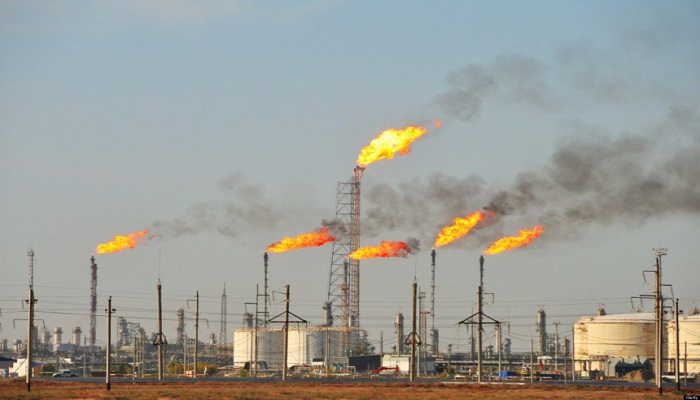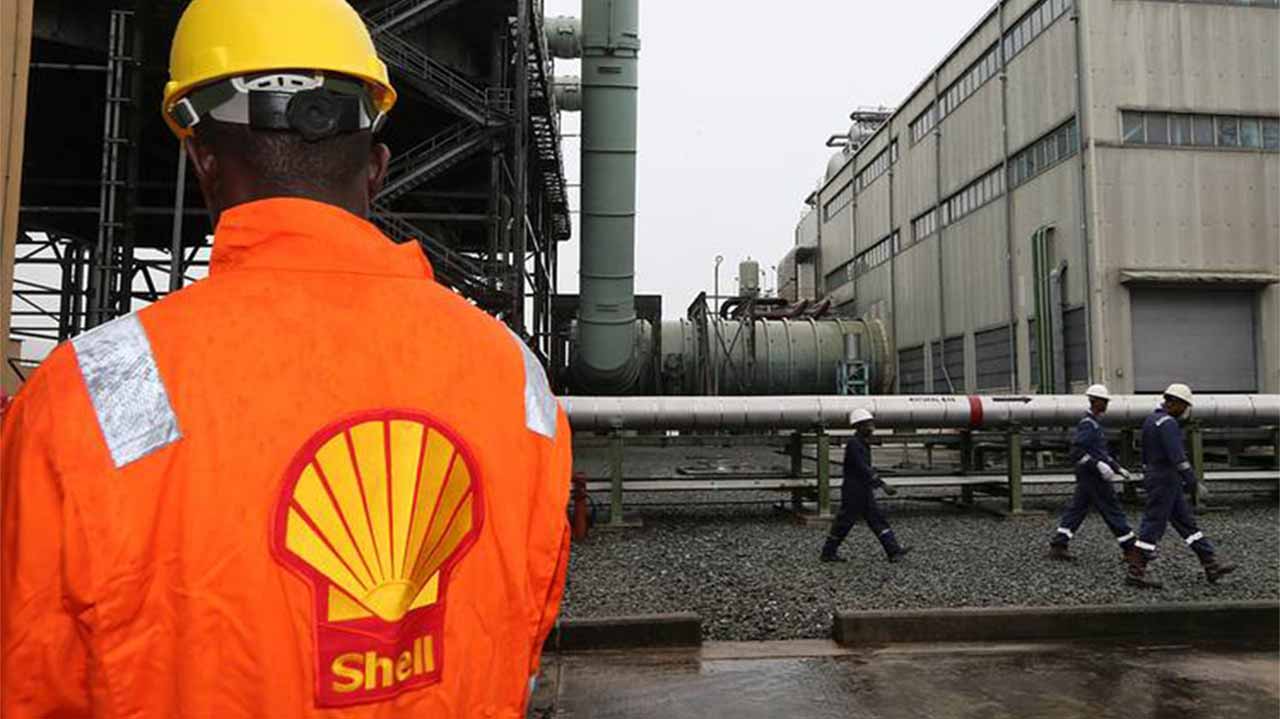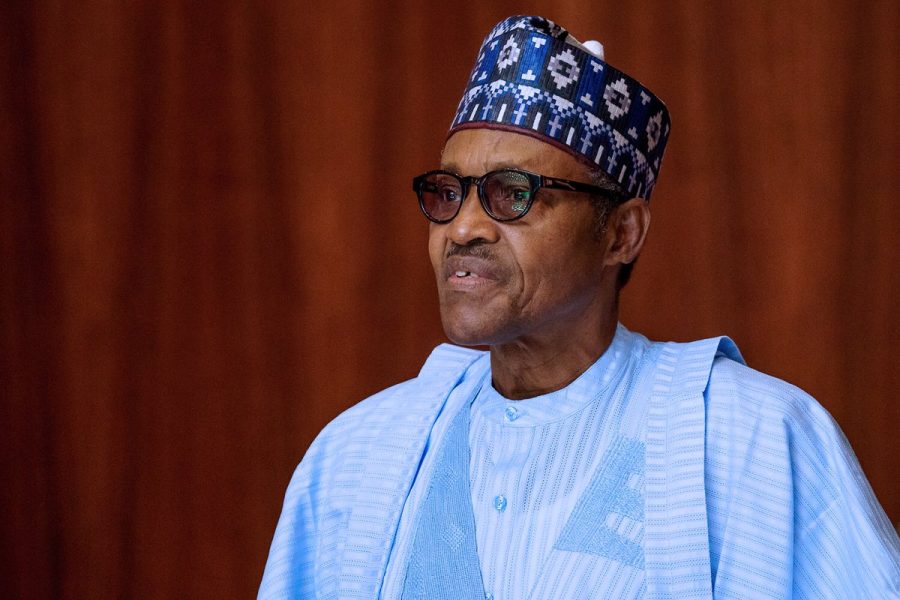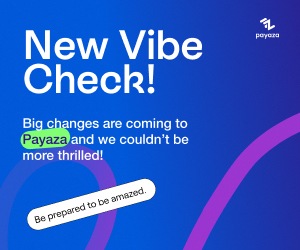Oil facilities owned by Shell/Agip were attacked on Wednesday by unidentified people in a sign that militant activities may have resumed again in the oil-rich Niger Delta region of Nigeria.
Several explosions were heard in the facilities located at the Ikarama community in Yenagoa Bayelsa forcing Shell to shut down the facility. Nigeria faces a precarious economic crunch that cannot afford to be worsened by militant on oil facilities.
READ: Buhari flags off $2.8 billion gas pipeline project, biggest in Nigeria’s history
What they are saying
According to media reports tracked by Nairametrics, a spokesperson from Shell, Michael Adande, confirmed the explosions admitting that the facility was shut down to minimize the impact.
“We have report of an interference on our pipeline about one kilometer from Ikarama Community in Bayelsa State. We immediately shut-in the line and we have informed the regulatory agencies and stakeholders. A joint investigation team led by government officials will determine the cause of the interference,”
READ: NNPC, only Nigerian company to cut losses by N800 billion in one financial year – GMD
Residents of the Ikarama community where the facility is located complained that they were currently battling with air pollution as a result of the incident. This was disclosed by a youth leader of the community, Ben Warder, in an interview with the News Agency of Nigeria.
He said, “The incident resulted in air pollution from the gas pipeline and crude leak which members of the affected communities are battling to cope with.”
READ: Rwanda set to launch first-of-its-kind Green City worth $4.5 billion
On how the explosion happened on Monday, Warder explained that the residents heard several sounds from the explosions that rocked the oil fields.
He said, “The site is not far from Ikarama, we heard sounds from the blast and it sounded like dynamites and it was not safe to go near. So, when the situation became quiet we had to trace what happened and it turned out that Shell’s gas pipeline and Agip’s crude lines were destroyed.”
READ: NDDC working on new master plan for Niger-Delta Region – Akpabio
He lamented that citizens, for several years, have had to cope with years of oil pipeline vandalism in Nigeria’s Niger Delta and that is one of the major challenges oil companies operating in the region.
Why this matters
The National Bureau of Statistics just confirmed Nigeria fell into a second recession in less than 5 years as the impact of Covid-19 and fall in oil prices took a toll on the economy.
- The last time Nigeria fell into a recession, the economy was ravaged by a fall in oil prices but made worse by attacks on oil facilities by Niger Delta Militants. Oil production fell drastically during the pipeline bombings hurting Nigeria’s foreign exchange inflows.
- At the height of the bombings, the exchange rate crashed to over N500/$1 at the black market.
- The protracted series of attacks forced the government to negotiate a peace deal with militants helping Nigeria’s oil production to climb back to 1.8 mbpd.
- If this is a sign of another spate of militant activities, then Nigeria could be set for an even worse economic crunch that could severely hurt the policies of the government.
- Attacks on oil pipelines could hurt Nigeria’s oil production and foreign exchange earnings further denting Nigeria’s external reserves.
READ: Oil prices drop on fears for soft fuel demand
Bottom Line
If this bombing continues, then the exchange rate could crash further at the black market and might even force another round of devaluation.
Explore Data on the Nairametrics Research Website























